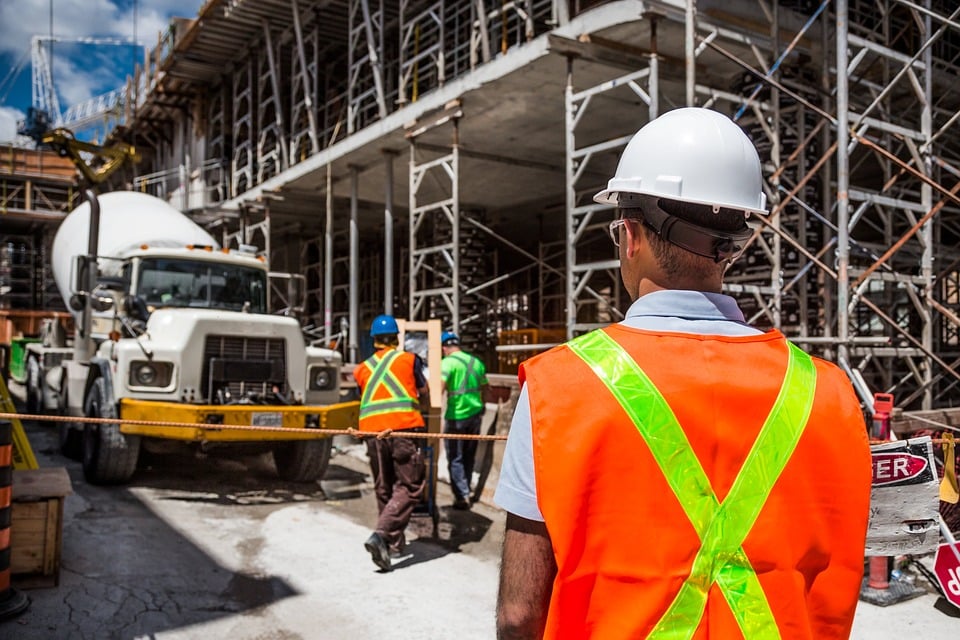
In the realm of construction, particularly in concrete formwork, sustainability has emerged as a critical consideration. Concrete form, which involves the temporary molds into which concrete is poured to create structures, plays a pivotal role in modern construction projects. However, the traditional methods of formwork construction often pose environmental challenges, such as high material waste and energy consumption. In response, the construction industry is increasingly adopting sustainable practices to mitigate these impacts and promote environmentally friendly approaches.
Understanding Concrete Formwork
Before delving into sustainable practices, it's essential to grasp the fundamentals of concrete formwork. Formwork serves as the mold into which concrete is poured and allowed to harden, thereby taking the shape of the desired structure, whether it's a building, bridge, or any other concrete construction. Traditionally, formwork was predominantly constructed using timber, which is readily available but comes with environmental drawbacks such as deforestation and high material consumption.
The Shift Towards Sustainability
With growing awareness of environmental issues and the imperative to reduce carbon footprints, the construction industry is pivoting towards sustainable practices in concrete formwork construction. This shift encompasses various strategies aimed at minimizing waste, optimizing material usage, reducing energy consumption, and enhancing overall efficiency throughout the construction process.
Sustainable Practices in Concrete Formwork Construction
- Reusable Formwork Systems: One of the primary sustainable practices involves the use of reusable formwork systems made from durable materials such as steel, aluminum, or composite materials. Unlike traditional timber formwork that is often discarded after a few uses, reusable formwork systems can withstand multiple applications, significantly reducing material waste and overall costs.
- Recycled Materials: Incorporating recycled materials into formwork construction is another sustainable practice gaining traction. For instance, using recycled steel or aluminum reduces the demand for virgin materials and diverts waste from landfills. Additionally, utilizing recycled plastic composites for formwork components offers durability while promoting the circular economy.
- Prefabricated Formwork: Prefabricated formwork systems, where components are manufactured off-site and assembled on-site, contribute to sustainability by minimizing construction waste and optimizing material use. These systems are designed for reusability and efficiency, aligning with sustainable construction principles.
- Digital Technologies: Embracing digital technologies such as Building Information Modeling (BIM) and computational design allows for optimized formwork designs. Advanced modeling techniques help in accurately predicting material requirements, reducing over-ordering, and minimizing waste during construction.
- Energy-Efficient Practices: Sustainable formwork construction also emphasizes energy-efficient practices, such as using renewable energy sources for manufacturing formwork materials, employing energy-efficient transportation methods, and optimizing on-site energy usage during construction.
- Design for Disassembly: Designing formwork systems with disassembly in mind facilitates easier material recovery and reuse after the completion of a project. This approach reduces the environmental impact associated with formwork disposal and encourages a more circular approach to construction.
Environmental Benefits
Implementing sustainable practices in concrete formwork construction yields several environmental benefits:
- Reduction in Carbon Footprint: By minimizing material waste, optimizing energy use, and incorporating recycled materials, sustainable formwork practices help reduce the overall carbon footprint of construction projects.
- Conservation of Resources: Reusable and recycled materials conserve natural resources and reduce the environmental impact associated with extraction and processing of raw materials.
- Improved Air and Water Quality: Sustainable practices contribute to cleaner air and water by reducing emissions, minimizing waste generation, and promoting responsible material sourcing and disposal practices.
Economic Considerations
While the initial investment in sustainable formwork systems and practices may be higher than traditional methods, the long-term economic benefits are substantial. Reduced material costs, lower waste disposal expenses, and enhanced project efficiency contribute to overall cost savings over the lifecycle of a construction project.
Case Studies and Success Stories
Several construction projects worldwide serve as examples of successful implementation of sustainable formwork practices. For instance, the use of prefabricated steel formwork systems in high-rise buildings has significantly reduced construction time and waste generation while maintaining structural integrity and durability.
Challenges and Future Directions
Despite the progress made in sustainable formwork practices, challenges remain, including the initial cost of sustainable materials, technological barriers, and the need for industry-wide adoption. However, ongoing research and development, coupled with regulatory support and increased awareness, are driving the construction industry towards more sustainable solutions.
Conclusion
In conclusion, sustainable practices in concrete formwork construction are integral to mitigating environmental impact, enhancing resource efficiency, and promoting a more sustainable built environment. By embracing reusable materials, recycling initiatives, energy-efficient technologies, and innovative design strategies, the construction industry can achieve significant environmental and economic benefits. As the demand for sustainable construction practices grows, integrating these principles into concrete formwork construction represents a crucial step towards a more sustainable future.
Implementing sustainable practices in concrete formwork construction not only addresses current environmental challenges but also sets a precedent for future construction projects worldwide. As technologies evolve and awareness increases, the role of sustainable formwork practices will continue to expand, shaping a more resilient and environmentally conscious construction industry.
